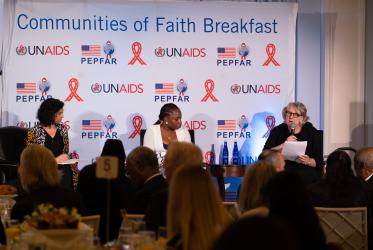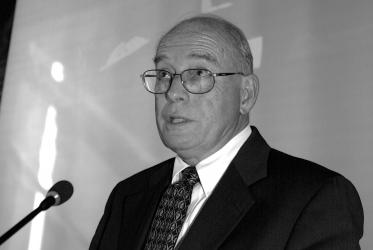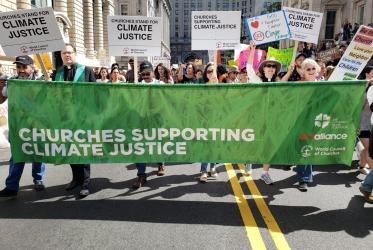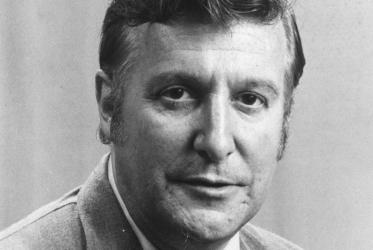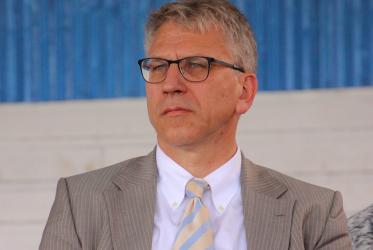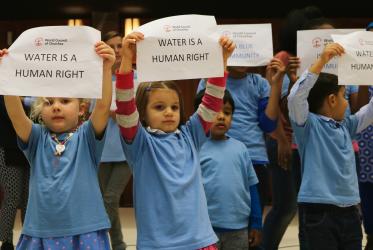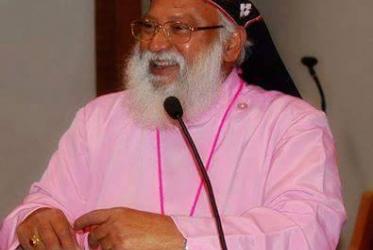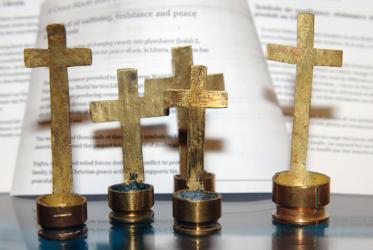Displaying 1 - 19 of 19
In pictures: Week of Prayer for Christian Unity
01 February 2021
As Climate Summit begins, churches call for action now!
23 September 2019
WCC mourns passing of Rev. Dr George Edward Todd
25 January 2019
“Good healthcare a right, not a privilege,” says WCC-EAA
11 October 2017
WCC general secretary extends condolences to flooded communities
03 September 2017
Religion: Way of war or path to peace?
30 June 2016
Ecumenical movement mourns death of Zacharias Mar Theophilus
28 December 2015
Ralph C. Young, veteran of the ecumenical movement, dies at 100
02 December 2015
Christians around the world pray for unity
22 January 2015
The new Arms Trade Treaty: a life-saving gift this Christmas
19 December 2014
Momentum builds for ban on nuclear weapons
16 December 2014

